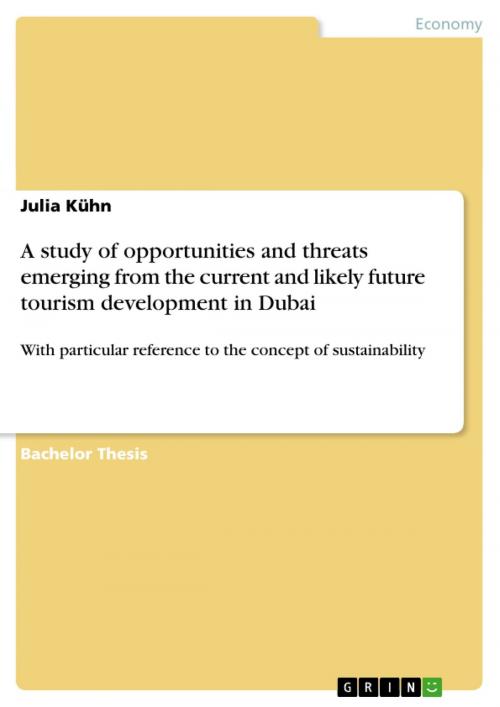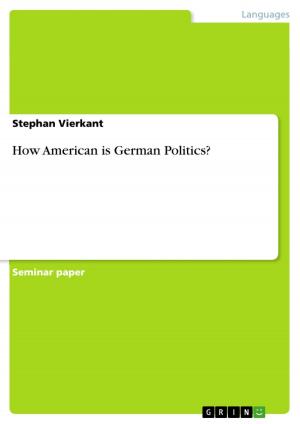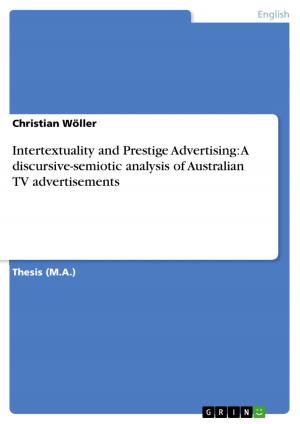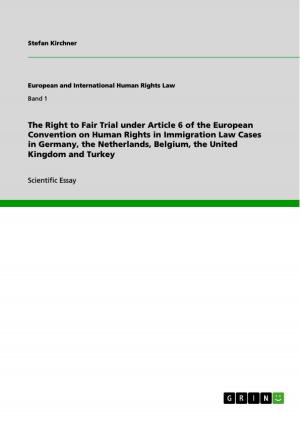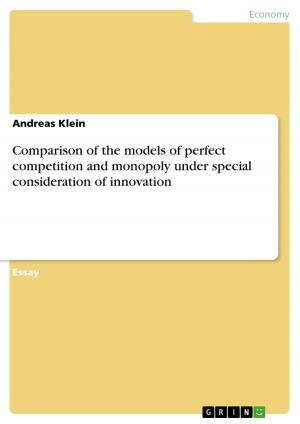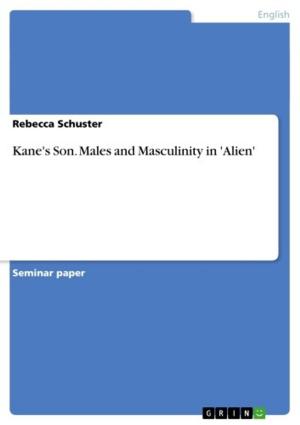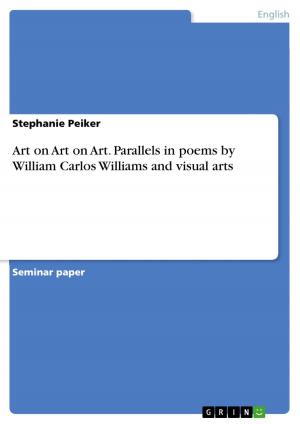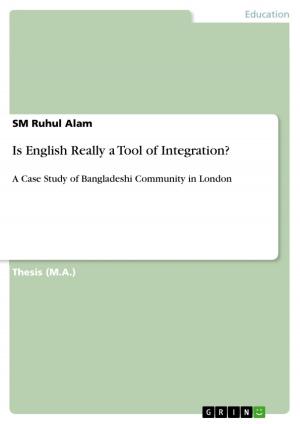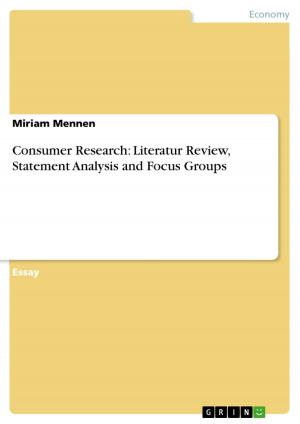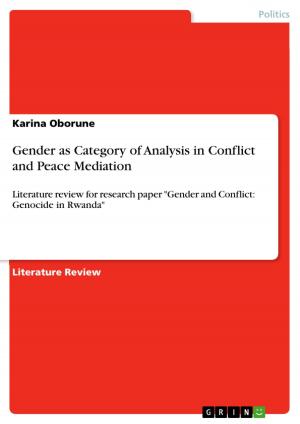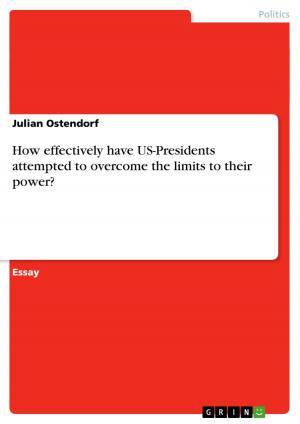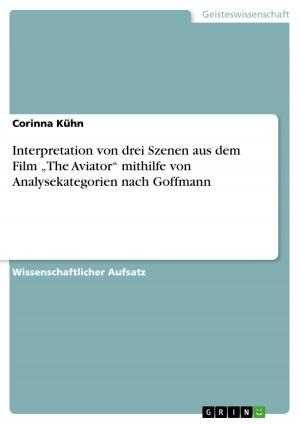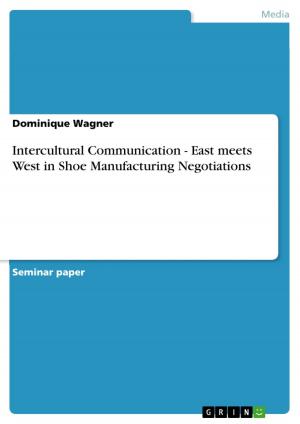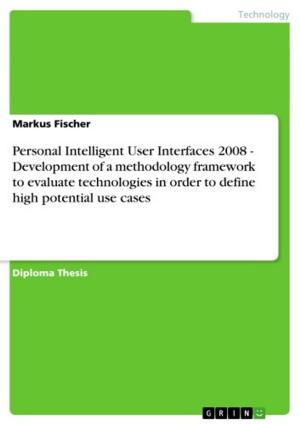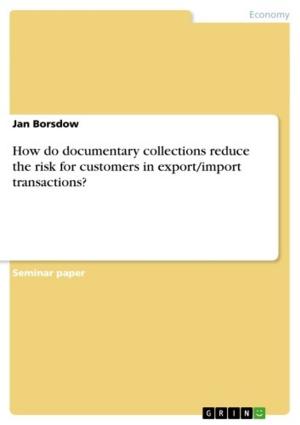A study of opportunities and threats emerging from the current and likely future tourism development in Dubai
With particular reference to the concept of sustainability
Business & Finance, Industries & Professions, Hospitality, Tourism & Travel| Author: | Julia Kühn | ISBN: | 9783640457229 |
| Publisher: | GRIN Publishing | Publication: | October 26, 2009 |
| Imprint: | GRIN Publishing | Language: | English |
| Author: | Julia Kühn |
| ISBN: | 9783640457229 |
| Publisher: | GRIN Publishing |
| Publication: | October 26, 2009 |
| Imprint: | GRIN Publishing |
| Language: | English |
Bachelor Thesis from the year 2008 in the subject Tourism, grade: Upper Second, New College Durham, language: English, abstract: This research project assesses the current and likely future tourism development in Dubai. Particular reference was given to the concept of sustainable tourism development. It was to be answered, whether the current scale of tourism development in Dubai is likely to be sustainable. In order to answer this question, the author has used several frameworks for assessing Dubai's current scale of tourism development and its strengths and weaknesses as a tourist destination. Moreover the concept of sustainability has been introduced in this project. The importance of sustainable tourism development in Dubai had to be assessed; hence, the author demonstrated a choice of Dubai's approaches towards sustainability. Finally recommendations are given of how to further tourism development in Dubai should be realised. The research findings show that Dubai's strategic tourism development is focused on quantity rather on quality. 20 years ago, Dubai consisted mainly of desert, today countless hotels, theme parks, and even artificial islands are being built to meet the current demand and to attract more tourists. Such a rapid development is not without criticism in terms of major negative sociocultural and environmental impacts. This piece of work highlights these impacts and points out whether they can be overcome or not.
Bachelor Thesis from the year 2008 in the subject Tourism, grade: Upper Second, New College Durham, language: English, abstract: This research project assesses the current and likely future tourism development in Dubai. Particular reference was given to the concept of sustainable tourism development. It was to be answered, whether the current scale of tourism development in Dubai is likely to be sustainable. In order to answer this question, the author has used several frameworks for assessing Dubai's current scale of tourism development and its strengths and weaknesses as a tourist destination. Moreover the concept of sustainability has been introduced in this project. The importance of sustainable tourism development in Dubai had to be assessed; hence, the author demonstrated a choice of Dubai's approaches towards sustainability. Finally recommendations are given of how to further tourism development in Dubai should be realised. The research findings show that Dubai's strategic tourism development is focused on quantity rather on quality. 20 years ago, Dubai consisted mainly of desert, today countless hotels, theme parks, and even artificial islands are being built to meet the current demand and to attract more tourists. Such a rapid development is not without criticism in terms of major negative sociocultural and environmental impacts. This piece of work highlights these impacts and points out whether they can be overcome or not.
